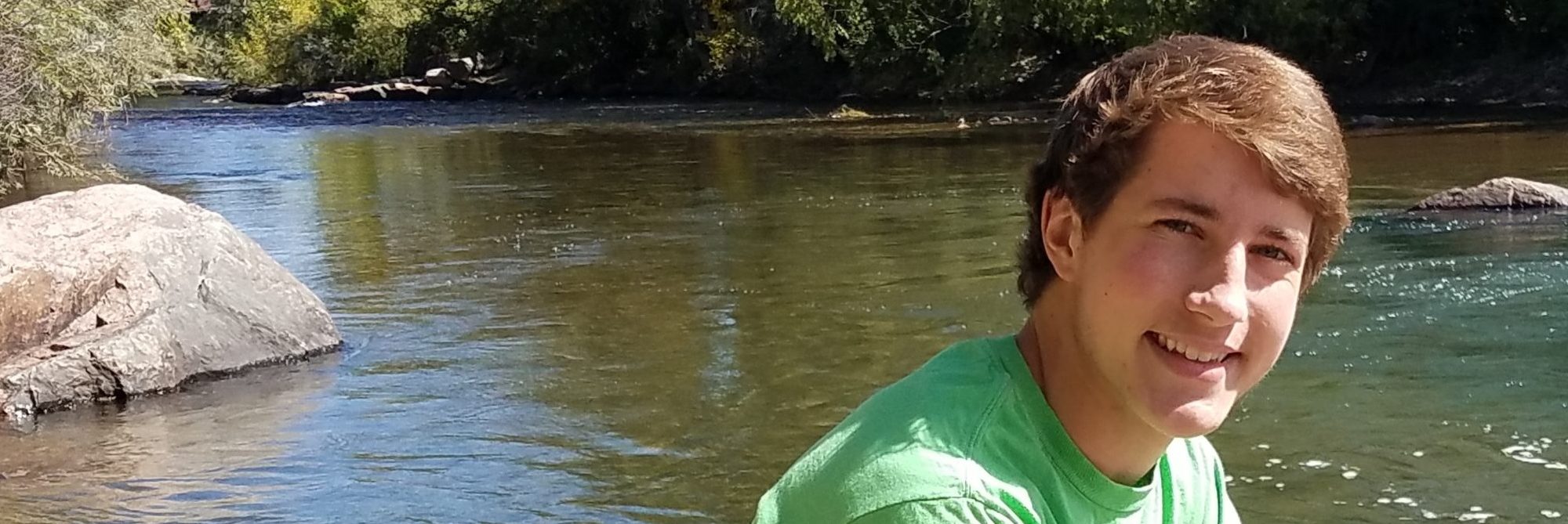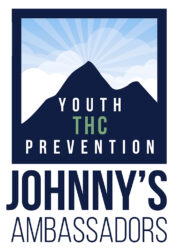
A State of Mind – High Risk – The Truth About Weed
Please help Johnny’s Ambassadors educate about the harms of youth THC use around the world by sharing this documentary! Thank you to Wyoming PBS for creating this incredible one-hour documentary featuring my son, Johnny, who died by suicide at the age of 19 after becoming psychotic from using THC. We were introduced to PBS after a school assembly I was giving at Lander middle school in WY. I was pleased to introduce them to Grace, my son’s friend who was also harmed from THC, and most of the guests on the show, who all did an amazing job. This was very difficult for me to film as you’ll see, but I love the show! Please share this link: www.pbs.org/video/high-riskthe-truth-about-weed-iaew5b/

Irish Independent – READ INTERVIEW
“The Tea on THC” campaign aims to educate about dangers of high THC cannabis in Colorado
The cannabis available in Colorado dispensaries today has high concentrations of THC, much higher than ever available before.
Researchers at the Colorado School of Public Health want consumers to be aware of the risks associated with its use.
Get the Facts on High-Concentration Cannabis Powered by the Colorado School of Public Health
Laura Stack shares her son Johnny’s tragic story of cannabis misuse, leading to psychosis and suicide, to raise awareness and prevent similar tragedies through Johnny’s Ambassadors.

As Marijuana Use Among Teenagers Rises, so Does the Risk of Mental Illness and Psychosis
Three days before his passing, he told his mom, Laura Stack, “I need to tell you that you were right. You told me weed would hurt my brain, and it’s ruined my mind and my life.”
After his passing, Laura Stack started a nonprofit aimed at youth THC prevention called Johnny’s Ambassadors.
“Five years ago, on November 20, 2019, my beloved 19-year-old son, Johnny, took his life. As many of you know, he had a psychotic episode from using high-potency THC concentrates,” Laura Stack states on her nonprofit’s website.
Laura Stack was featured in a Florida PSA video ad, sponsored by the Florida Department of Children and Families, encouraging parents to educate their teens about the risks of marijuana use:

Johnny’s story appeared to 25 MILLION students in the October 2024 SCHOLASTIC Magazine called CHOICES that goes to middle and high school students across the U.S. See link below! Johnny’s story is educating and impacting students and saving lives! If you would like copies for your classroom, email [email protected].
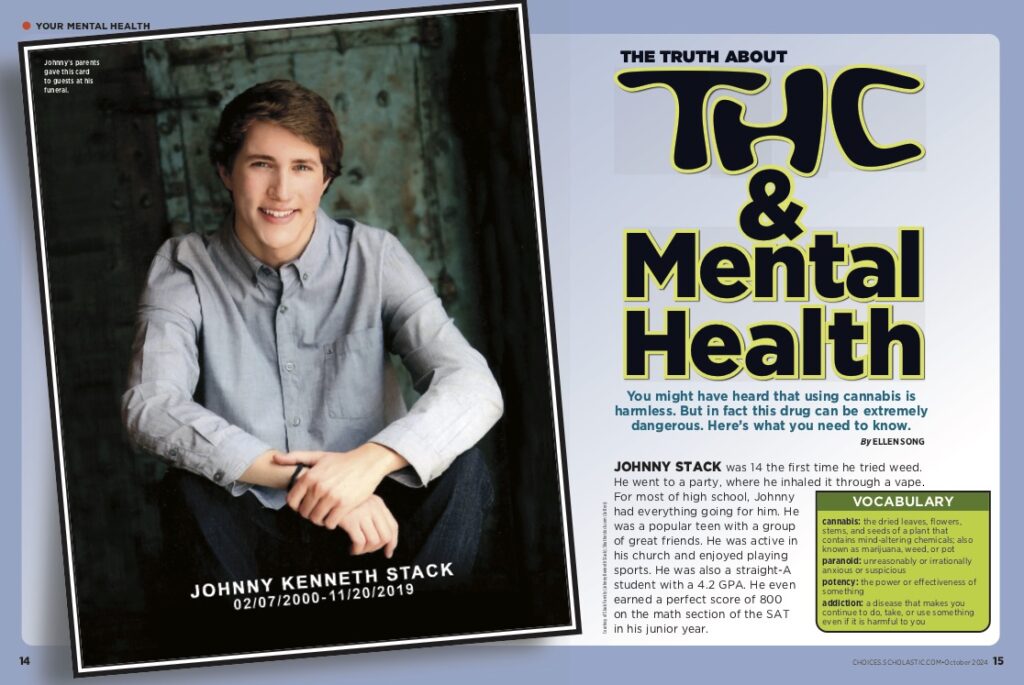
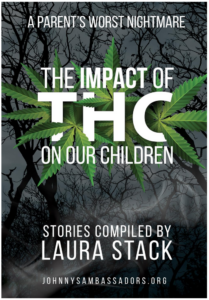
Johnny’s Ambassadors publishes book on the dangers of THC use in teenagers
Research shows THC use among youth increases the risk of suicide seven times and the risk of developing a psychotic disorder five times. As part of their work to combat the harms of high-potency THC on young adults, Johnny’s Ambassadors Youth THC Prevention’s publishing released its second book, “The Impact of THC on Our Children: A Parent’s Worst Nightmare.” Compiled of 25 stories from parents who have experienced hardship and pain from their children’s THC use firsthand, the book can help people who are concerned with their own child’s use of THC products.
“By reliving their heartbreaking stories through the pages, the writers want to ensure other parents don’t end up in the same situation. This book showcases the bravery, resilience and strength of these parents who have lost or come close to losing children from outcomes related to high-potency THC use,” said Laura Stack, founder and CEO of Johnny’s Ambassadors.

Widely Available THC Products Like Delta-8 Can Cause Physical, Mental, and Spiritual Problems
Virginia and South Carolina are two of the latest states to consider legalizing easier access to marijuana. While these moves tend to be seen as financial windfalls, there is growing pushback from many doctors, parents, and former addicts.
Laura Stack told CBN News marijuana stole the life of her son Johnny. She recalled he was a happy, intelligent child who grew up in a Christian home. However, he began using marijuana at age 14 when his home state of Colorado legalized its recreational use. It was a move that changed his life forever, leading to ultimate tragedy.
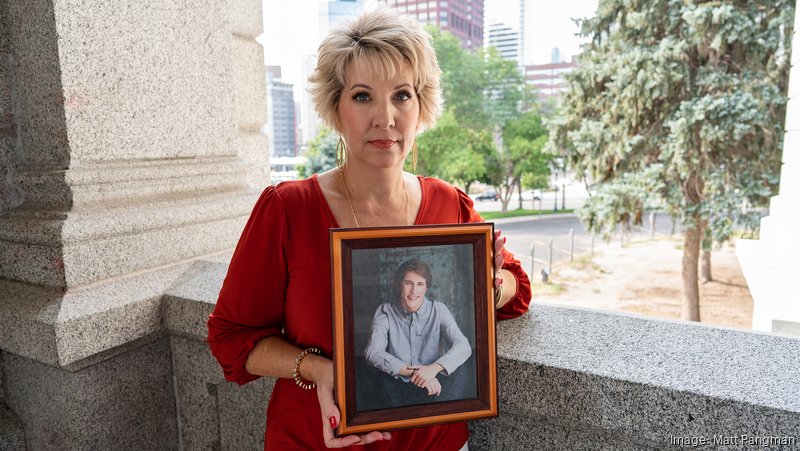
How a family tragedy spurred Laura Stack’s career pivot to a new mission: warning of marijuana danger
For 30 years now, Laura Stack has been on a mission to help business leaders increase workplace performance in high-stress environments.
The Denver-area-based founder and CEO of The Productivity Pro Inc. has authored eight books on performance issues and has been featured nationally on the CBS Early Show, CNN, NPR and Bloomberg, as well as in The New York Times, USA Today, The Wall Street Journal, Entrepreneur and Forbes magazine.
One of the highlights of her speaking career came in July 2015, when Stack was inducted into the CPAE Speaker Hall of Fame, a lifetime award for speaking excellence and professionalism that, to date, has admitted only 227 men and women.
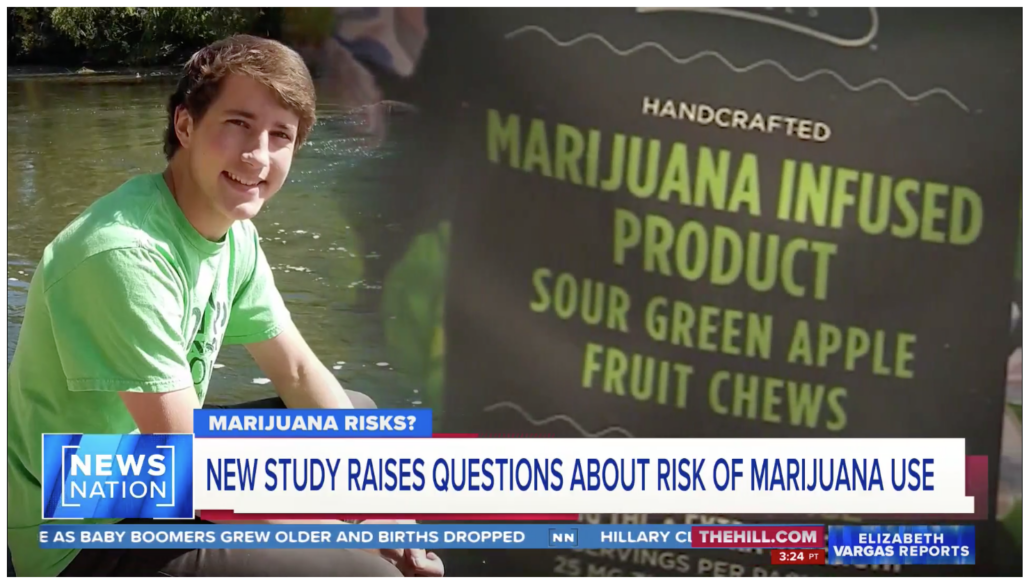
New research shows link between cannabis and psychosis
As the legalization of recreational marijuana spreads, a growing body of research suggests there could be a possible risk between the drug and serious mental health issues.
There is a concern about a possible link between cannabis, psychosis and schizophrenia, and the research suggests those at the highest risk are young men.
Laura and John Stack are still coming to terms with the suicide of their son in 2019. The Stacks live in Colorado, the first state to legalize marijuana in 2012. They say their son, Johnny, became a regular user in his teens.

‘Caused Him to Take His Life’: Mom Fights Youth Marijuana Use, Pointing to Pot Dangers
It’s been nearly 11 years since Colorado legalized the recreational use of marijuana. Is that a good thing? That depends on whom you ask. CBN News traveled to the Centennial State to talk with people on both sides of this controversial issue.
A Deep Struggle
“Johnny was a wonderful young man; he was very smart, had a perfect SAT score in math – 800 out of 800; had a 4.0 GPA all through school. He loved Jesus; we are a Christian family.”
Behind the accolades, however, a deep struggle came to light.
“Unfortunately, we live in Colorado where marijuana was legalized here in 2012 when Johnny was 12-years-old. And in 2014, it came out into the dispensaries, and he was 14-years-old and in ninth grade,” shared Laura Stack with CBN News.

More potent than old-school pot, today’s cannabis has led to poisoning, even death in teens
In his junior year of high school, an older boyfriend of Ethan Andrew’s sister introduced him to high-potency cannabis. The Colorado high schooler started regularly experimenting with that drug, legalized for adult Coloradans’ recreational use in 2012. He relied on it to sleep and get through his day. He didn’t expect its adverse effects on him.
“It started to get scary. I started to hear things, to hallucinate,” said Andrew, who, with some difficulty, eventually weaned himself off of that unlawfully obtained cannabis.

Study reveals heavy marijuana use is linked to schizophrenia
Laura Stack, whose son died from suicide, joined ‘America’s Newsroom’ to discuss how marijuana use ruined her child’s life after his tragic death.

From crime and homelessness to schizophrenia and suicide: Mothers share how pot stole their sons
The text from her son Randy that Heather Bacchus received at at 1:26 AM on July 17, 2021, seemed like good news.
“I’m quitting weed for good and want to surround myself with healthy and happy people,” he wrote. “This has been too much for me and for you guys.”
Less than an hour later, at 2:09 AM, a second text arrived.
“I love you and am sorry for everything. I love dad and the same to him. I wish I would have been a better person.”
It was his suicide note. That night, Randy killed himself.
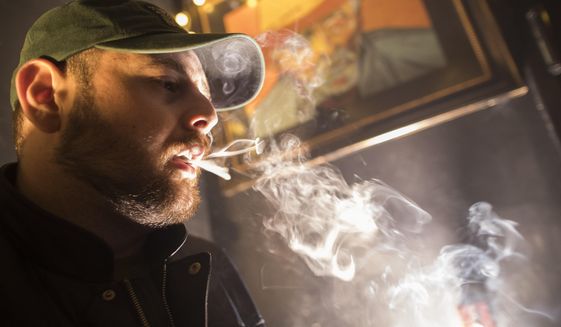
Psychosis, suicidal thoughts, scream-vomiting: Alarm sounded about high-potency THC products
Karen Randall, an emergency physician in Colorado, says “scromiting” cases were rare several years ago. Now she is seeing at least one per day.
Scromiting is shorthand for scream-vomiting, a condition that inflicts patients who use marijuana with high concentrations of tetrahydrocannabinol or THC, the psychoactive substance in cannabis.

Parents are not ready for the new reality of teen cannabis use
The Washington Post – May 3, 2023
The voice mail was waiting on Amy’s phone one morning in February 2019, a missed call from her 18-year-old son the night before. When Amy, a mom from Connecticut who is being identified by first name only to protect her family’s privacy, played the message, she heard the panicked voice of her child.
Mom, he said, my face won’t stop twitching. I feel like I’m going to die. I’m trapped in another dimension and I can’t get out.
Terrified, Amy called the campus police at the University of Delaware. They found him asleep in his dorm room. Just a panic attack, they told her.
But she knew better. When she spoke to her son William, who is being identified by his middle name to protect his privacy, he told her: “I’m sorry. I think I just smoked way too much pot.”
Her son — an incredibly bright boy, a rule-abiding kid, a doting big brother — had started experimenting with marijuana as a junior in high school, Amy says. He told her it helped with his social anxiety, which intensified when he went to college, where he started smoking marijuana nearly every day. But the voice mail was the first time William had ever exhibited psychotic symptoms. About two months later, he called again: He was trapped in another dimension, afraid he was about to die.


Mom Claims Son Would Be Alive If It Weren’t For Legalization Of Marijuana
Laura Stack’s 19-year-old son, Johnny, died by suicide nearly three years ago. She says the legalization of marijuana allowed Johnny to easily access high-potency marijuana concentrate that she says led to psychosis and his untimely death.
“It wasn’t until after his death, when I started writing, and researching, and forming our nonprofit, that I really understood the potency and how what he had used had ruined his mind. And, he knew it had,” Stack tells Dr. Phil on Friday’s episode, “Is America Too High on Marijuana?” “According to the National Institutes on Drug Abuse, cannabis use does cause suicidal thinking, suicide attempts, and sadly, suicide in my son.”
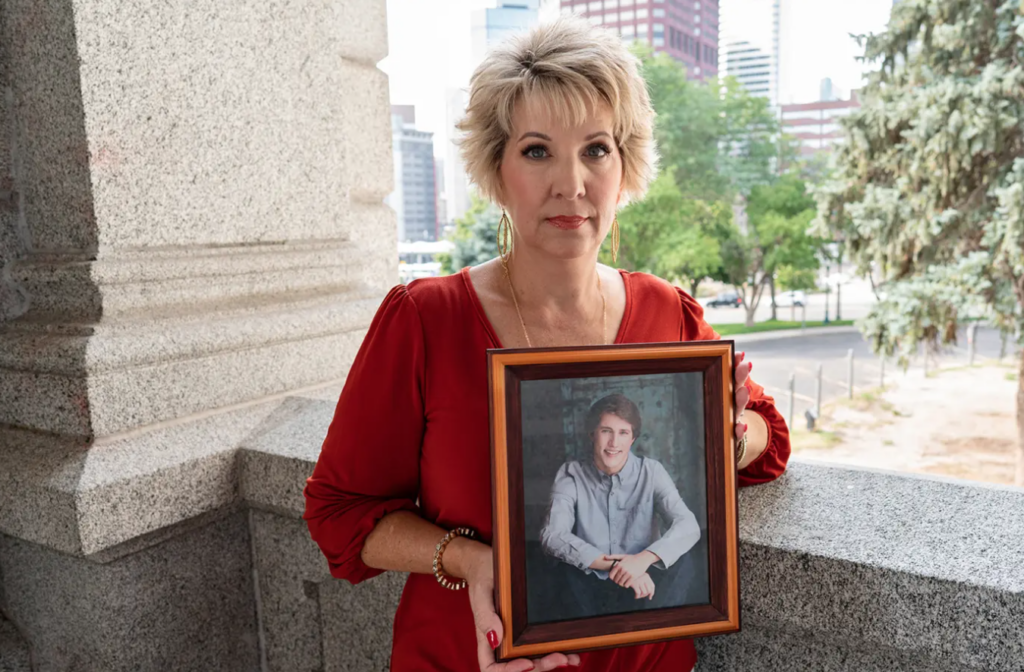
San Diego ER seeing up to 37 marijuana cases a day — mostly psychosis
Meg and Scott knew something was going on with their son Kyle when, during the pandemic, he began refusing to get out of bed to attend class online.
Up until then, Kyle had been like a dream son: tall, good-looking, strong, athletic, with a great sense of humor. He was such a good baseball player that talent scouts were checking him out, and had a decent chance of someday playing in the Major League.
“He had the world by the balls,” his dad said. (At the family’s request, The Post has used pseudonyms.)
Now, Kyle was constantly irritable and depressed and wanted to drop out of his New Jersey high school. Then, one night, he lost it completely, fantasizing that his parents wanted to kill him.

CEO and founder of Johnny’s Ambassadors at Hershey Public School explaining the dangers of marijuana
HERSHEY, Neb. (KNOP) – Laura Stack is Johnny Stack’s mom and the Founder and CEO of Johnny’s Ambassadors.
The 19-year-old college student and math whiz snapped a photo of the mileage reading and posted it, along with a cryptic message, on Snapchat. Then 40 minutes later Stack walked to the ledge and jumped to his death. Johnny Stack was addicted to high-potency marijuana.
Laura has worked tirelessly since his tragic death to try and prevent what happened to Johnny from happening to others. She travels the country educating people about the dangers of marijuana on the adolescent brain. This week she spoke to 6th to 12th graders at Hershey High School.
“What happened to him is 100 percent preventable,” she says. “I know that with all my heart.”

How Weed Became the New OxyContin
Tablet – August 30, 2022
For 30 years, Dr. Libby Stuyt, a recently retired addiction psychiatrist in Pueblo, Colorado, treated patients with severe drug dependency. Typically, that meant alcohol, heroin, and methamphetamines. But about five years ago, she began to see something new.
“I started seeing people with the worst psychosis symptoms that I have ever seen,” she told me. “And the worst delusions I have ever seen.”
These cases were even more acute than what she’d seen from psychotic patients on meth. Some of the delusions were accompanied by “severe violence.” But these patients were coming up positive only for cannabis.
Stuyt wasn’t alone: Health care professionals throughout Colorado and all over the country were seeing similar episodes.
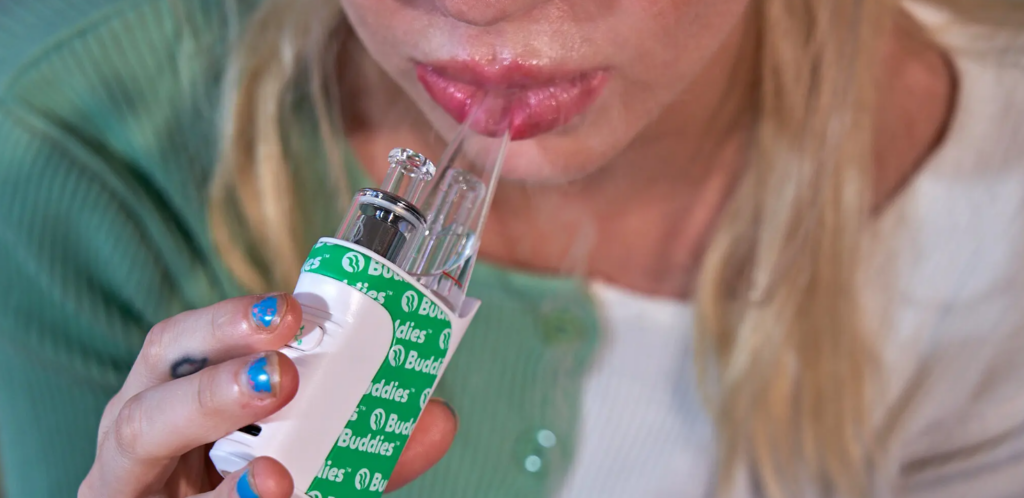
Psychosis, Addiction, Chronic Vomiting: As Weed Becomes More Potent, Teens Are Getting Sick
With THC levels close to 100 percent, today’s cannabis products are making some teenagers highly dependent and dangerously ill.
‘Oh well, it’s just weed.’
Laura Stack, who lives in Highlands Ranch, Colo., said that when her son Johnny first confessed to using marijuana at the age of 14, she said to herself, “Oh well, it’s just weed. Thank God it wasn’t cocaine.”
She had used marijuana a couple of times in high school and cautioned him that marijuana would “eat your brains cells.” But at the time she wasn’t overly concerned: “I used it, I’m fine, what’s the big deal?”
“But I had no idea,” she added, referring to how marijuana has changed in recent years. “So many parents like me are completely ignorant.”
Initially, her son did not have any mental health problems and excelled in school. But he eventually started using high potency marijuana products multiple times a day, and this, Ms. Stack said, “made him completely delusional.”
By the time he reached college, he had been through various addiction treatment programs. He had become so paranoid that he thought the mob was after him and his college was a base for the F.B.I., Ms. Stack said. At one point, after he moved out of his childhood home, he threatened to kill the family dog unless his parents gave him money. His mother later discovered that Johnny had obtained his own medical marijuana card when he turned 18 and had begun dealing to younger kids.
After several stays at mental hospitals, the doctors determined that Johnny had a severe case of THC abuse, Ms. Stack said. He was prescribed an anti-psychotic medication, which helped — but then he stopped taking it. In 2019, Johnny died after jumping from a six-story building. He was 19. A few days before his death, Ms. Stack said, Johnny had apologized to her, saying that weed had ruined his mind and his life, adding, “I’m sorry, and I love you.”
A recent study found that people who used marijuana had a greater likelihood of suicidal ideation, plan and attempt than those who did not use the drug at all. Ms. Stack now runs a nonprofit called Johnny’s Ambassadors that educates communities about high-THC cannabis and its effect on the adolescent brain.

This week, Martha sits down with award-winning keynote speaker, best-selling author, and mother Laura Stack, who lost her son to suicide, after his use of highly potent marijuana. Laura details the hidden dangers of using marijuana, the process the marijuana industry uses to create highly potent marijuana and touches upon the studies that have been done on the effects of marijuana on kids.


Rocky Mountain PBS – March 28, 2022


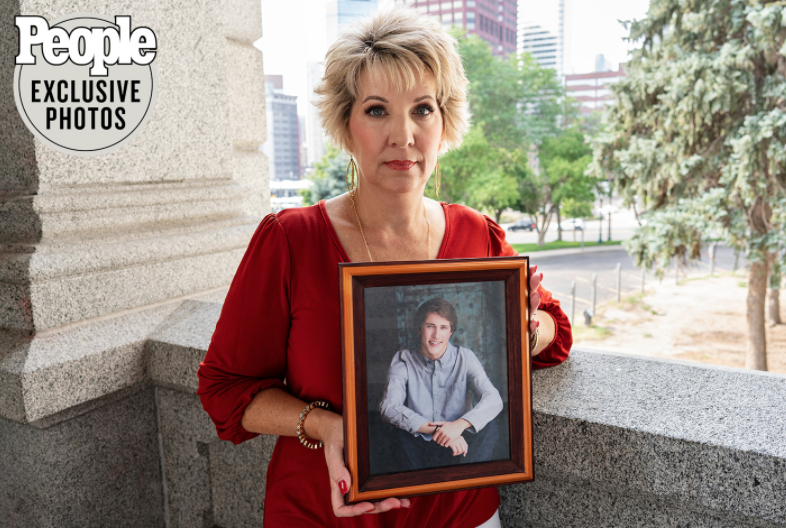


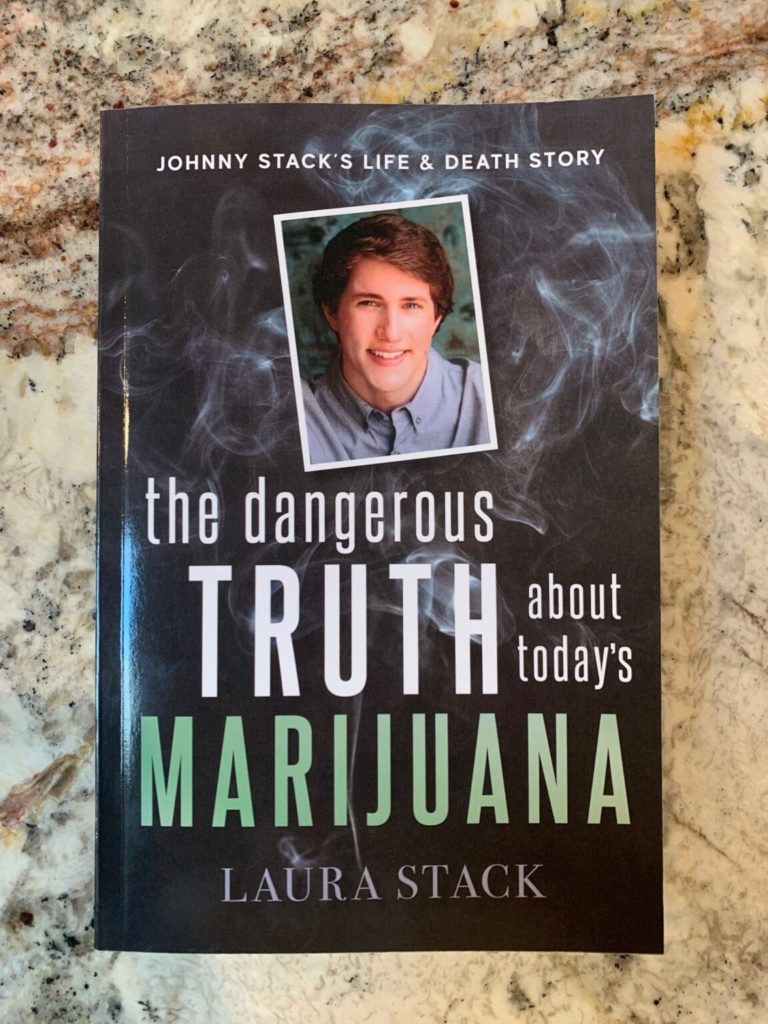

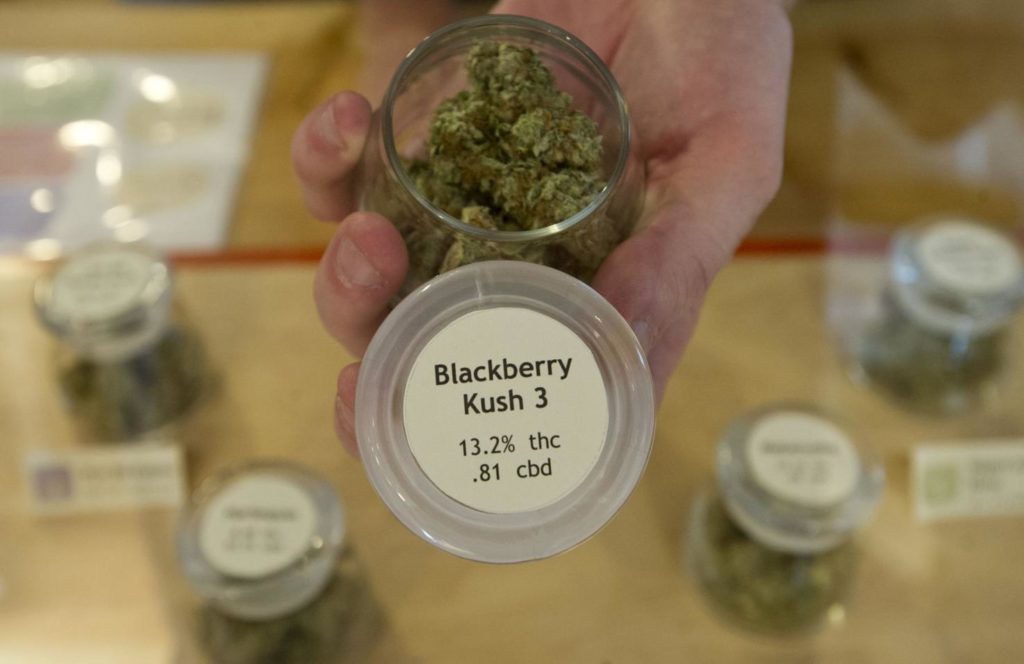
9News – Family who lost son to suicide calling on state for THC potency limits
November 26, 2020
